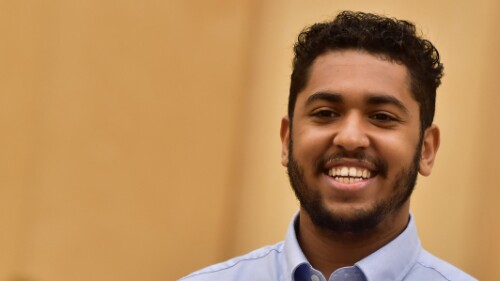Although not widely discussed, corrupt public figures in the U.S. presents a huge problem.
Public corruption isn’t a topic that’s widely discussed, but at the same time it’s a subject that should be important to every American. The effects of corruption are as far reaching as they are damaging to individuals and communities and in the public sector; we can’t just sit back and ignore the ramifications of wrongdoing.
When it comes to elected officials and those we appoint to represent us at the highest levels of government, ethical conduct should be an expectation when we cast our vote for these individuals. If the only goal of a politician is to serve his or her own best interests, then this attitude will physically manifest itself in our cities, towns, and neighborhoods and create miserable conditions for everyone inside of them.
“Public corruption takes a heavy toll on our communities,” Pat Fitzgerald, former U.S. District Attorney in Illinois, wrote in a memo for the Offices of the United States Attorney. “Corruption gives unfair advantages to those willing to break the law: public officials, their relatives and friends, and those who willingly pay bribes to gain public contracts and other government actions.”
Across 34 countries, 76% of people say corrupt political leaders are a very big problem in their country.1
“There are also financial consequences to corruption,” Fitzgerald added. “Millions of taxpayer dollars are paid out on contracts and other government benefits steered by public officials to insiders who, in turn, shower financial benefits on those public officials and their associates.”
Corruption has become so rampant, that it has weakened the public trust and caused many people to lose faith in government as a whole. According to a survey conducted by Transparency International, the U.S. has the 17th most corrupt public sector in the world.
However, the issue of what to do about and how to stop it is multilayered. There really is no catchall solution to fixing the problem, however, as voters, we can do is stand up and have our voices heard.
This starts at the polls, but it may also involve calling out those politicians who are known to be less than forthright with their constituents. This would raise more awareness about not only their actions, but the negative trickle down effect that it has on the people they were elected to do right by.
1. http://www.justice.gov/usao/priority-areas/financial-fraud/public-corruption/





